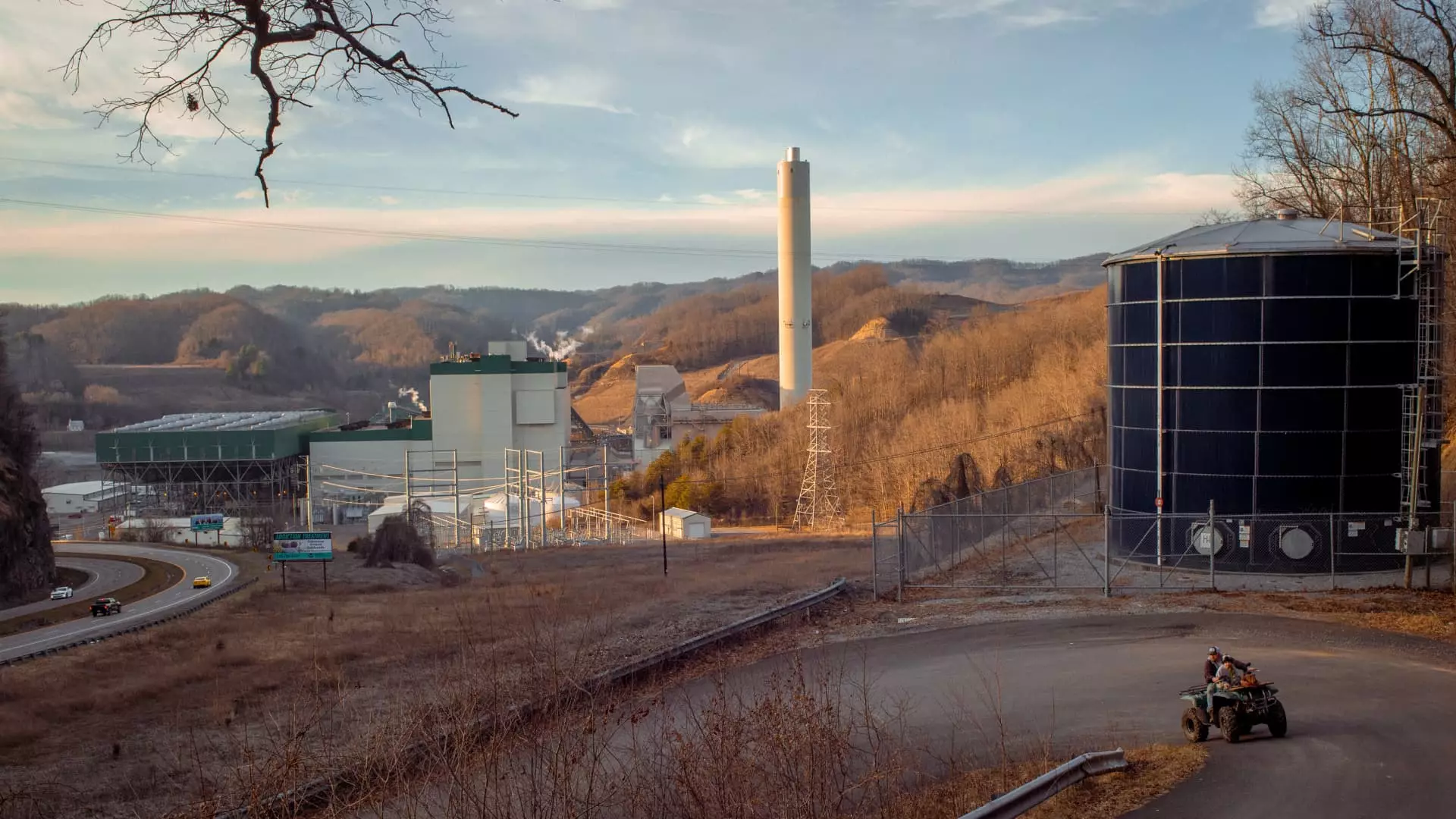Dominion Energy is firing on all cylinders in its pursuit of groundbreaking advancements in nuclear energy. The latest development involves dialogues with various technology companies aimed at creating small modular nuclear reactors (SMRs). This push gained significant momentum recently with an agreement between Dominion and Amazon, laying down the framework for exploring cutting-edge, carbon-free energy solutions. As energy demands rise, particularly from the tech sector, the willingness of major players to collaborate and invest in this burgeoning area is both timely and essential.
Speaking during the company’s recent earnings call, Dominion CEO Robert Blue expressed optimism about the partnerships with tech giants. The collaboration reflects a broader trend where large energy consumers are eager to consider robust nuclear options to meet their energy needs sustainably. Blue highlighted how Virginia’s favorable stance on nuclear energy creates an ideal environment for such ventures. The signed memorandum of understanding will delve into the potential development of a SMR near Dominion’s North Anna facility, positioned to generate 300 megawatts of much-needed power for the region.
The shift towards small modular reactors is more than a mere trend; it’s a calculated response to pressing energy challenges. Unlike traditional large-scale reactors, SMRs promise reduced capital expenditure and more straightforward construction. Their compact design allows for flexibility in site selection, addressing local regulatory hurdles that often accompany larger projects. However, despite the technical allure, SMRs face commercial viability challenges. Currently, there are no operational small modular reactors in the United States, a fact that casts uncertainty over their future.
The tech industry, with its insatiable appetite for reliable and sustainable energy sources, plays a pivotal role in the nuclear renaissance. Companies like Amazon, Microsoft, and Google are actively seeking ways to power their sprawling data centers with carbon-free electricity. Amazon’s acquisition of a data center campus powered by the Susquehanna nuclear plant signifies a strategic move towards cleaner energy solutions. Similarly, Microsoft’s agreement to source power from Three Mile Island, set to restart in 2028, reflects a long-term commitment to integrating nuclear power into their energy portfolios.
As Dominion Energy continues its discussions with technology firms and explores the potential of small modular reactors, the outcome remains uncertain yet promising. The collaboration aims not only to further nuclear technology but also to solidify Virginia’s standing as a leader in innovative energy solutions. For the tech industry, partnering with Dominion is not just about acquiring power; it is a decisive move towards securing a sustainable energy future that aligns with green initiatives. Ultimately, the success of small modular reactors may hinge on these partnerships, which could catalyze a much-needed revival of nuclear energy in the United States.

